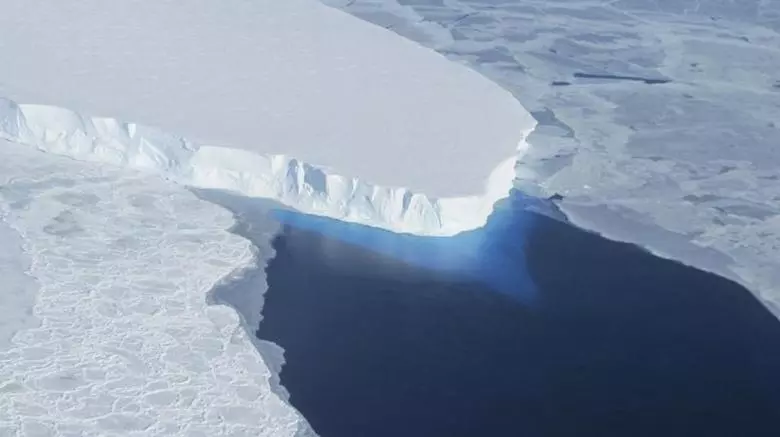
Antarctic temperature to rise by 2044: Study
text_fieldsThe temperature in the Antarctic peninsula will increase by 0.5 to 1.5 degrees Celsius by 2044, says a study published in the journal Climate Dynamics.
After studying an analysis of historical and projected simulations from 19 global climate models, the researchers found that the greatest increase in temperature of about 2 degrees Celsius is likely to happen in the Antarctic fall and winter. However, warmer temperatures projected for summer are likely to cause the most trouble.
Warmer temperatures imply that some of the precipitation that previously fell as ice will most likely fall as rain leading to less snow on top of the ice. Hence, the ice will easily get exposed to the sun's rays causing it to melt, notes the study, revealing the double threat posed to the ice in Antarctica.
"We are concerned about these findings. We've been seeing overall quite big changes on the peninsula, generally getting warmer and ice shelves and glaciers discharging into the ocean," said David Bromwich, a leading author of the study.
Since the 1950s, the peninsula and the rest of the western part of Antarctica have been one of the fastest-warming regions on Earth due to fast pacing climate change.
Often, big climate models covering the Earth's surface do not consider the factors specific to smaller regions. The standard climate models might overlook some of the nuances of how climate change affects the peninsula because the region is covered in mountains and the highest peak is only 10,600 feet.
Learning more about those nuances is essential since the Antarctic peninsula is considered an important vanguard of what might happen throughout the rest of Antarctica.

















